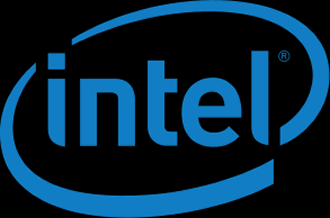 In just eight years time, ordinary family homes will be bursting with technology.
In just eight years time, ordinary family homes will be bursting with technology.
That’s a prediction market research firm Gartner is making for 2022. Its report said a home in affluent societies, at least, could have over 500 smart devices.
So what are these devices to be? It estimates a wide range of domestic equipment will become “smart”, inasmuch as they’ll include some level of sensing and intelligence and the ability to communicate wirelessly.
And such vacuum cleaners and washing machines won’t cost more to have “smartness”, with semiconductor economies of scale meaning that a chip won’t cost more than about one US dollar.
Your cooker will be smart, your TVs will be smart, your fitness equipment will be smart, your security will be smart, your toaster will be smart. Everything will be smart as the internet of things starts to cast its spell over our world.
But it won’t be all plain sailing, because ordinary people might not want all this “smartness”. Products which incorporate intelligence must be easy to use and not require a degree in geekiness. And if smartness can’t be relied upon and start failing – well your house might not be such a home.







